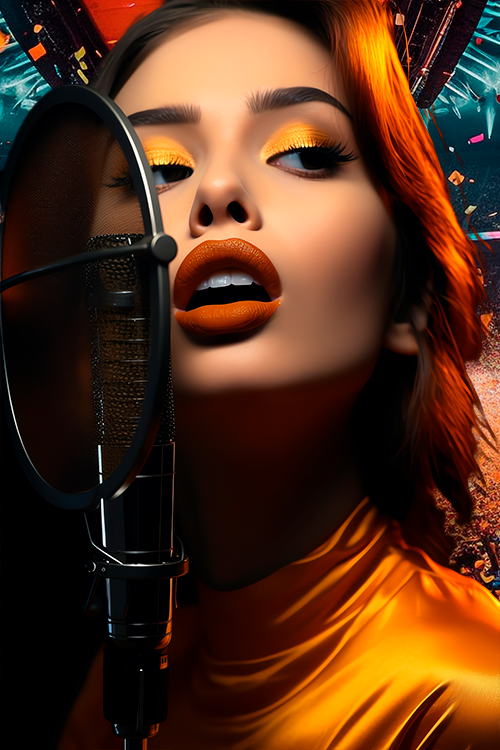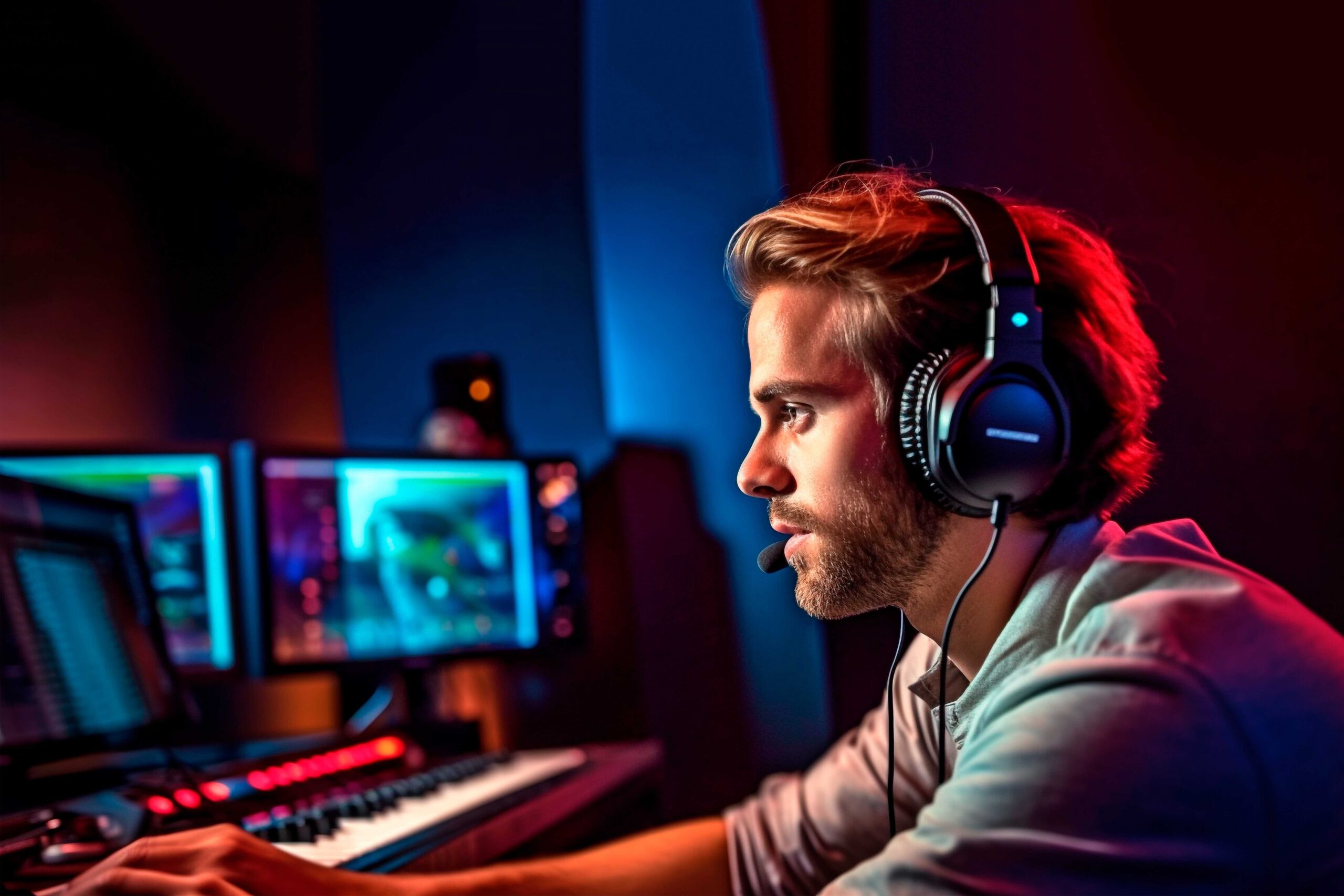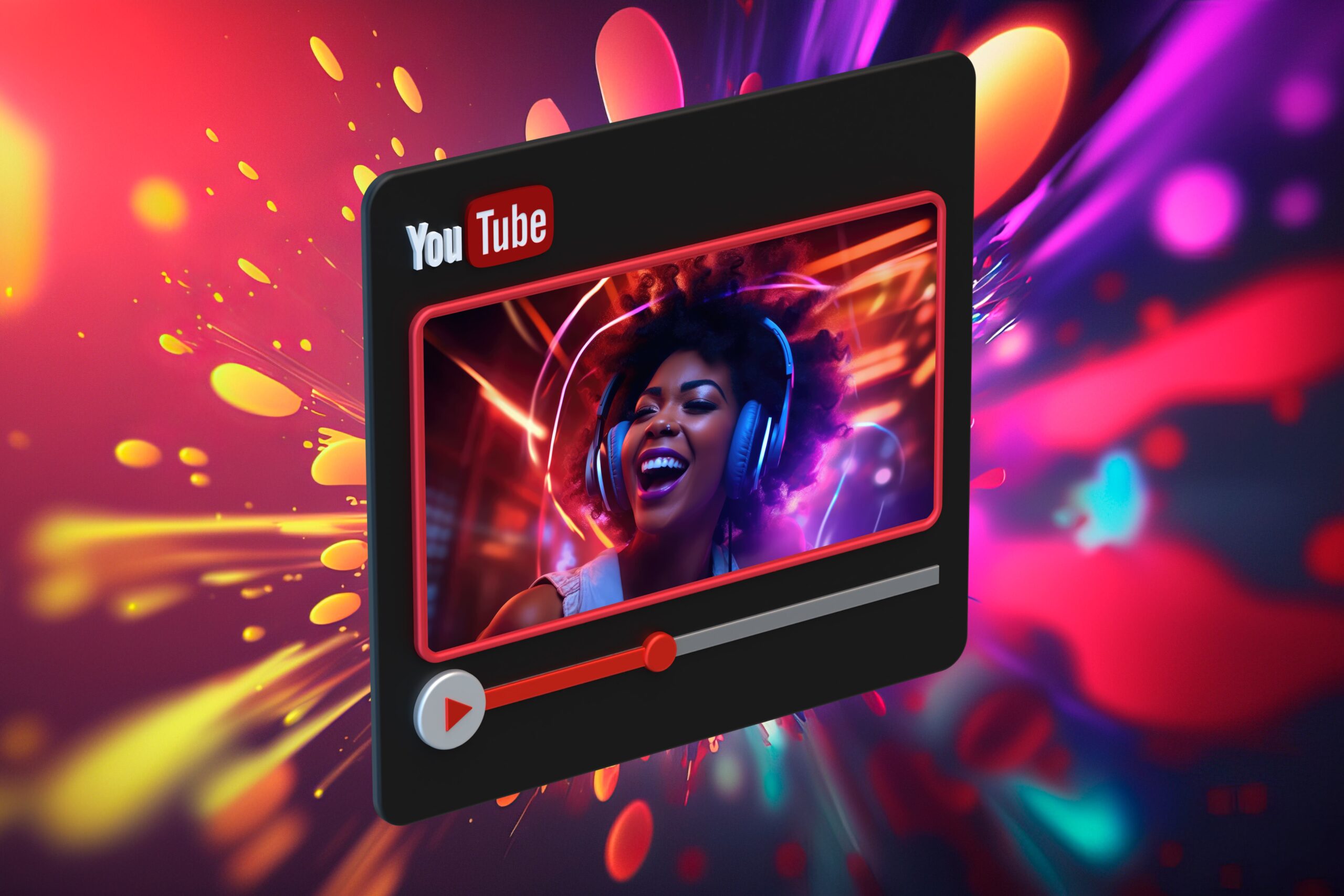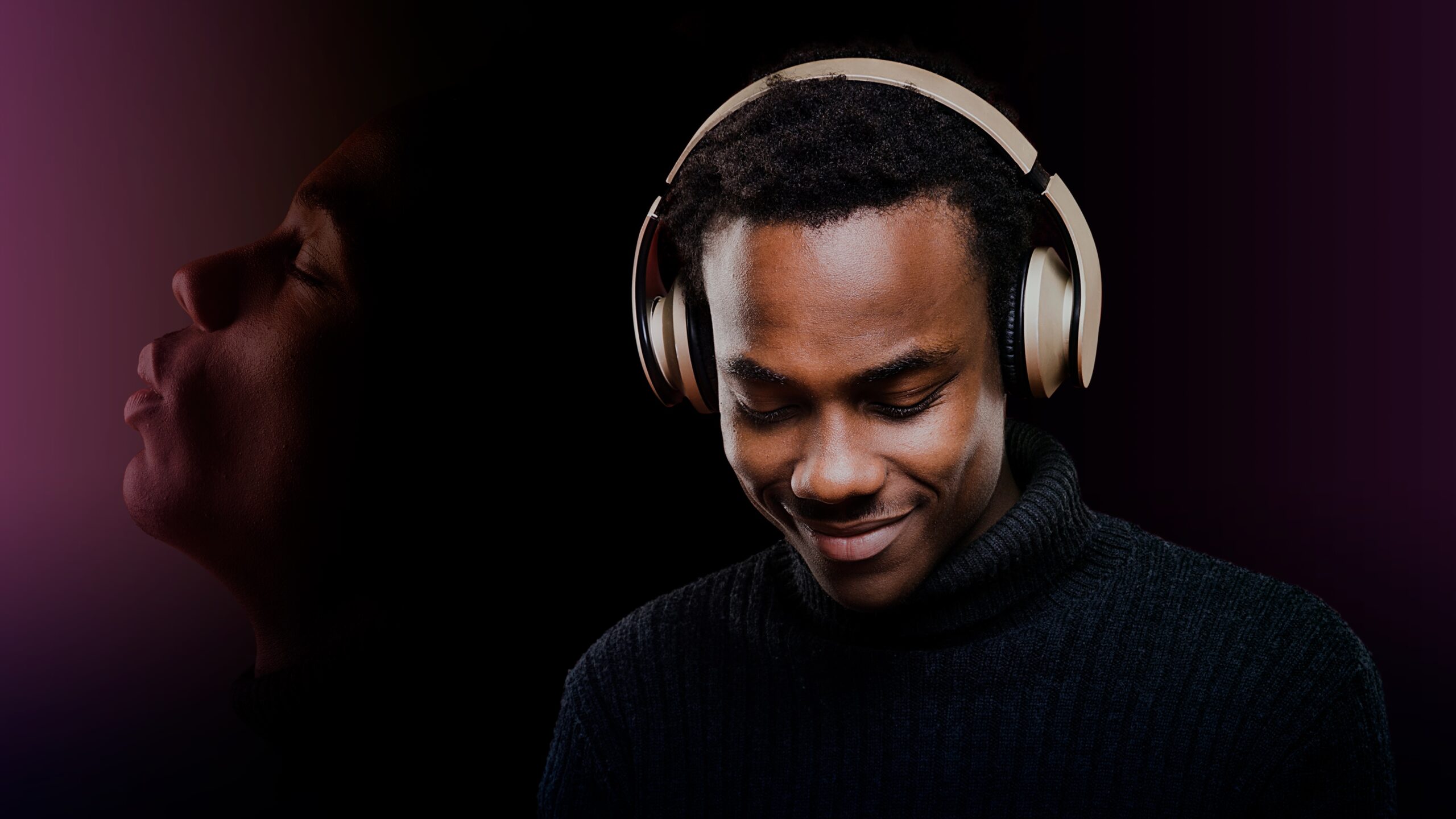Music Promotion Services
Music Marketing
Experience Our Unique Approach to Music Promotion!
Discover wide monetization coverage, seamless collaboration, and expert-led services for genuine and reliable results. Say goodbye to bots and unreliable companies – join us now for exceptional music promotion and marketing services!
- In-store Placement: Stores, restaurants, hotels, etc.
- Production Placement: TV, movies, video games, ads, etc.
- Music Distribution Services: Spotify, Apple Music, Google Play, etc.
- Artists Profiles: Profiles Management on music platforms
- Social Media Music Marketing: YouTube, Instagram, Facebook, Tiktok
- Royalty Collection & Rights Management
- Music Video Promotion Services
- Transparent and Detailed Reporting
- ExpertMusic SmartLink

Best Music Promotion Services
Music Promotion Services that Drive Results
At Expert Music, we specialize in providing comprehensive and effective music promotion services for independent artists and music labels, helping them earn more money and achieve greater income. With our expertise and dedication, we help talented musicians like you gain the recognition and exposure they deserve. As a leading music marketing company, we offer a range of services designed to enhance your online presence, reach your audience in commercial spaces, increase your fan base, and boost your music career.
Zero Cost Promotion: No Payment Required
Our music promotion services are offered completely free of charge, ensuring that you can focus on making music while we work to boost your career.
Upload & Sign: Music Promotion Simplified
Just upload your music and sign the agreement – we’ll handle the rest! Our streamlined process ensures hassle-free music promotion for artists.
Multi-Direction Music Promotion: Reach Everywhere
Our team of experts will promote your music across multiple platforms and business branches, ensuring it reaches a vast audience and maximizes your potential for success.
Real-Time Insights: 24/7 Performance Tracking
With 24/7 access to comprehensive statistics, you’ll know how your tracks are performing on different platforms and businesses, empowering you to make informed decisions.
Music Promotion Services Package
Discover Our Music Promotion Services
Unlock the full potential of your music with our all-inclusive music promotion services package. Reach more listeners, increase your earnings, and thrive in the competitive music industry. Explore the possibilities and elevate your music career today!
In-Store Music Promotion
Reach a global audience with our full spectrum of audio marketing services for businesses worldwide. Your tracks will be played in over 10,000 commercial outlets, including restaurants, hotels, beauty salons, sports clubs, business centers, and more. Join our expanding customer base and get your music heard in every commercial space of our clients. Elevate your brand with our in-store music promotion!


Production Music & Sync Placement
Unlock the power of our music licensing solution, tailor-made for diverse content creators, enabling your music to feature in a wide array of media productions. Additionally, our expert team can facilitate sync placements through third parties. Embrace synchronization opportunities and see your music featured in movies, TV programs, commercials, video games, and beyond. Elevate your music career with our ample resources!
Music Promotion in Streaming Services & Artist Profiles
Maximize your music’s reach with our extensive distribution network to popular streaming platforms like Spotify, Apple Music, Amazon Music, and more. We’ll handle everything – from creating captivating artist profiles to uploading tracks, managing playlists, and crafting eye-catching covers. Let your music shine with our vast distribution!


Royalty Collection & Rights Management
We provide assistance in managing and collecting royalties for artists, ensuring proper registration with performance rights organizations, and helping them navigate the complexities of music rights and royalties. Ensure that you receive proper compensation for your music by entrusting our experienced team to handle royalty collection and rights management on your behalf.
Social Media Music Marketing
Amplify your music’s reach and connect with your fans through powerful social media marketing. We’ll place your tracks in major social networks’ libraries, empowering users to create content using your music, share it with their audiences, and generate earnings for you on platforms like YouTube, Facebook, Instagram, and TikTok! Our social media experts also employ targeted advertising and organic strategies to boost your music’s visibility on popular social platforms. Engage with your listeners like never before and harness the full potential of social media music marketing.


Music Video Promotion Services
Raise your music videos’ exposure and attract new viewers with our dynamic music video promotion services. We optimize the visibility of your video on platforms such as YouTube and social media channels, ensuring that it reaches the right audience and attracts potential buyers of your music. Let us drive the success of your music videos and expand your revenue streams with strategic music video promotion!
ExpertMusic SmartLink
Streamline music sharing and supercharge your promotion with our SmartLink feature. Direct fans to all your music across various platforms using just one link for effortless accessibility and increased exposure.


Statistics at Your Fingertips
Discover the power of insights with your personalized online cabinet on our artist music portal. Monitor streaming numbers, listens, downloads across platforms and commercial spaces, royalties, and more – all consolidated in one convenient place, empowering you to track your music’s journey with precision.
Ready to take your music to the world?
Seize our exclusive offer to sell, distribute, and promote your music for FREE. No more juggling between pay-per-services or choosing between premium and free packages. Our holistic approach covers all directions at once. There’s zero cost to you – we invest our own resources. By partnering with us, you earn 50% of all the generated earnings from your music promotion. We’re committed to maximizing success for everyone. Don’t miss out – ignite your music journey today!
Your Music Marketing & Promotion Company
Uncover the ExpertMusic Difference
Decades of Experience
Serving for 17 years: artists and music users too
Global Outreach
Reaching Audiences Worldwide
Absolutely Cost-Free
Zero investment, our dedicated commitment
Results-Driven
Our music marketing is focused on concrete results
Enhanced Gains
Increase from 30% elsewhere to 50% with us
Diverse Earnings
Amplifying Music Revenue Streams
Total Transparency
Online Stats in Your Account
Support at Every Step
Free customer support for all your queries

Step-by-Step Partnership
Seamless Journey to Success: Partner with the Best Music Promotion Company for Reliable and Effective Music Marketing Solutions.
1. Step One
Register on our music portal and complete your profile.
2. Step Two
Upload your tracks and provide music details.
3. Step Three
Sign a contract to kickstart earnings.
4. Step Four
Monitor statistics in your account and receive income.

Explore ExpertMusic: Our Story and Vision
Founded in 2006 in Ukraine as a music publishing company, our mission was to secure royalties for artists and producers. Successfully collecting royalties from mobile operators, content providers, and public performances, we then ventured into independent music licensing for Retail and HoReCa industries in 2008.
In 2016, we introduced a groundbreaking online music portal, uniting artists, labels, and businesses globally. This journey led to direct partnerships with independent artists and labels worldwide, managing and promoting their music across various realms. Our journey evolved to include streaming service promotion, dynamic music marketing including social media and dedicated video promotion services. We also expanded into music licensing for production, enhancing our comprehensive offerings.
Over time, we expanded into popular streaming services, introduced music marketing, social media promotion, and music video services. Our platform for music sale and licensing followed, enhancing our comprehensive offerings.
Our unique experience allows us to bridge the needs of artists and various music users. We’re committed to elevating possibilities, promoting efficiency, and creating win-win scenarios. We’re dedicated to empowering musicians and making our services beneficial for all.
Excited to embark on this journey with you!
Empower Your Music with Expert Music's Promotion Services
Unleash your music’s potential with Expert Music’s comprehensive solutions. Our commitment to mutual success makes us the premier choice for independent artists and music labels aiming to thrive in the dynamic music industry.